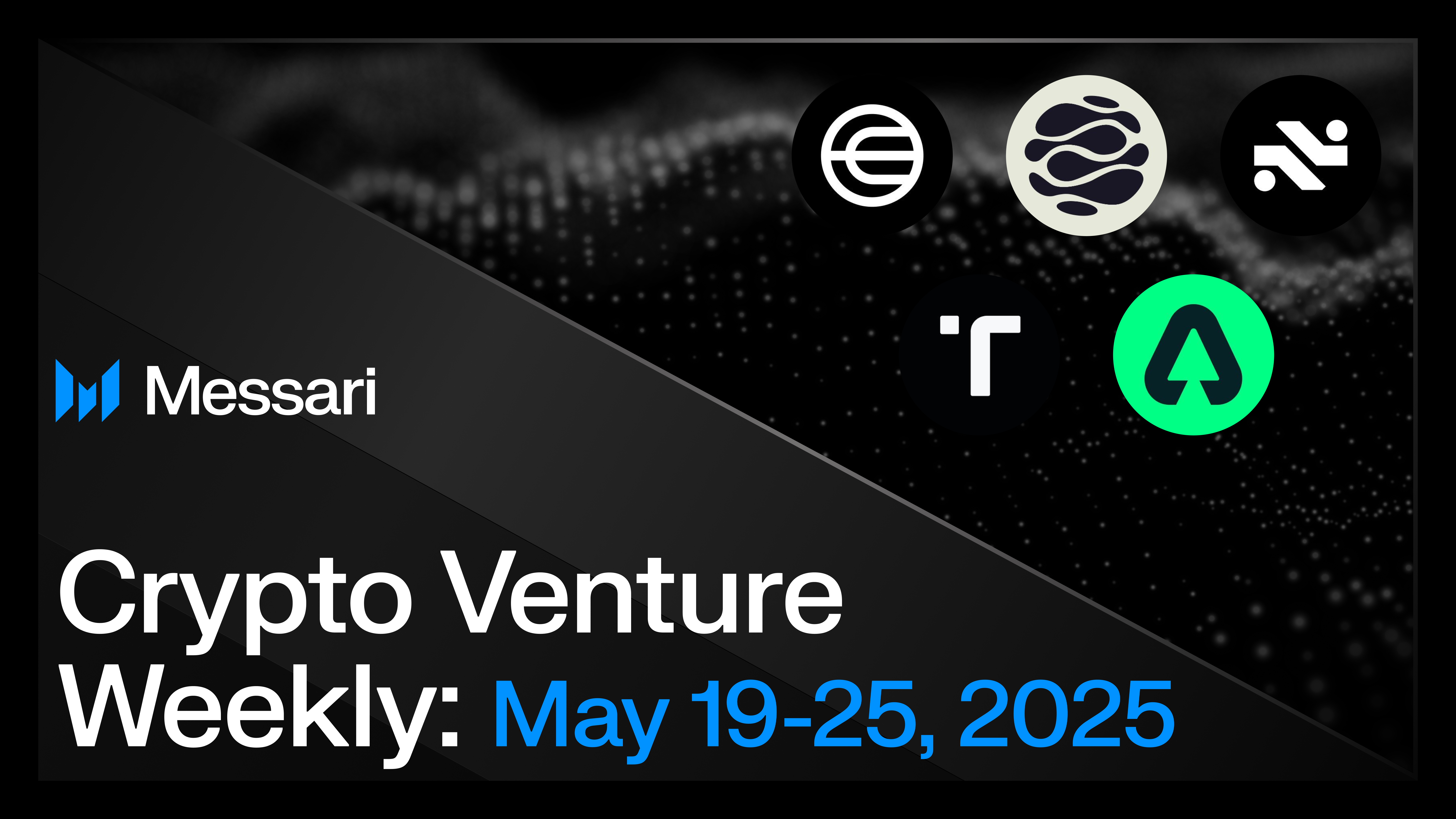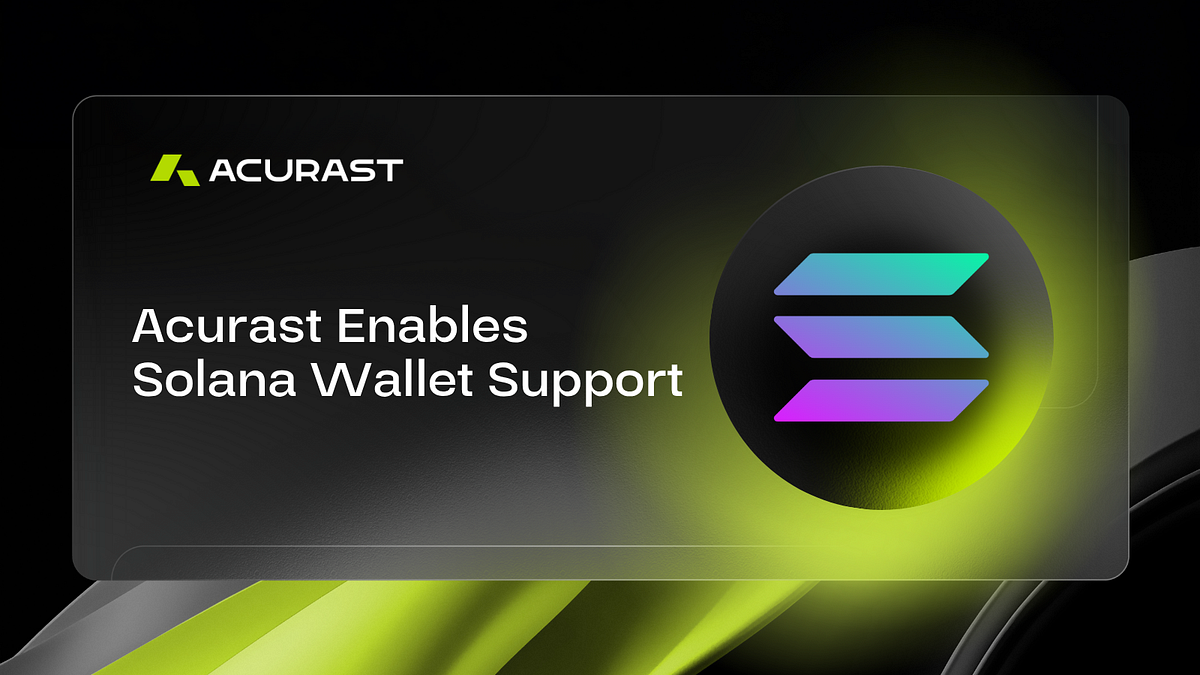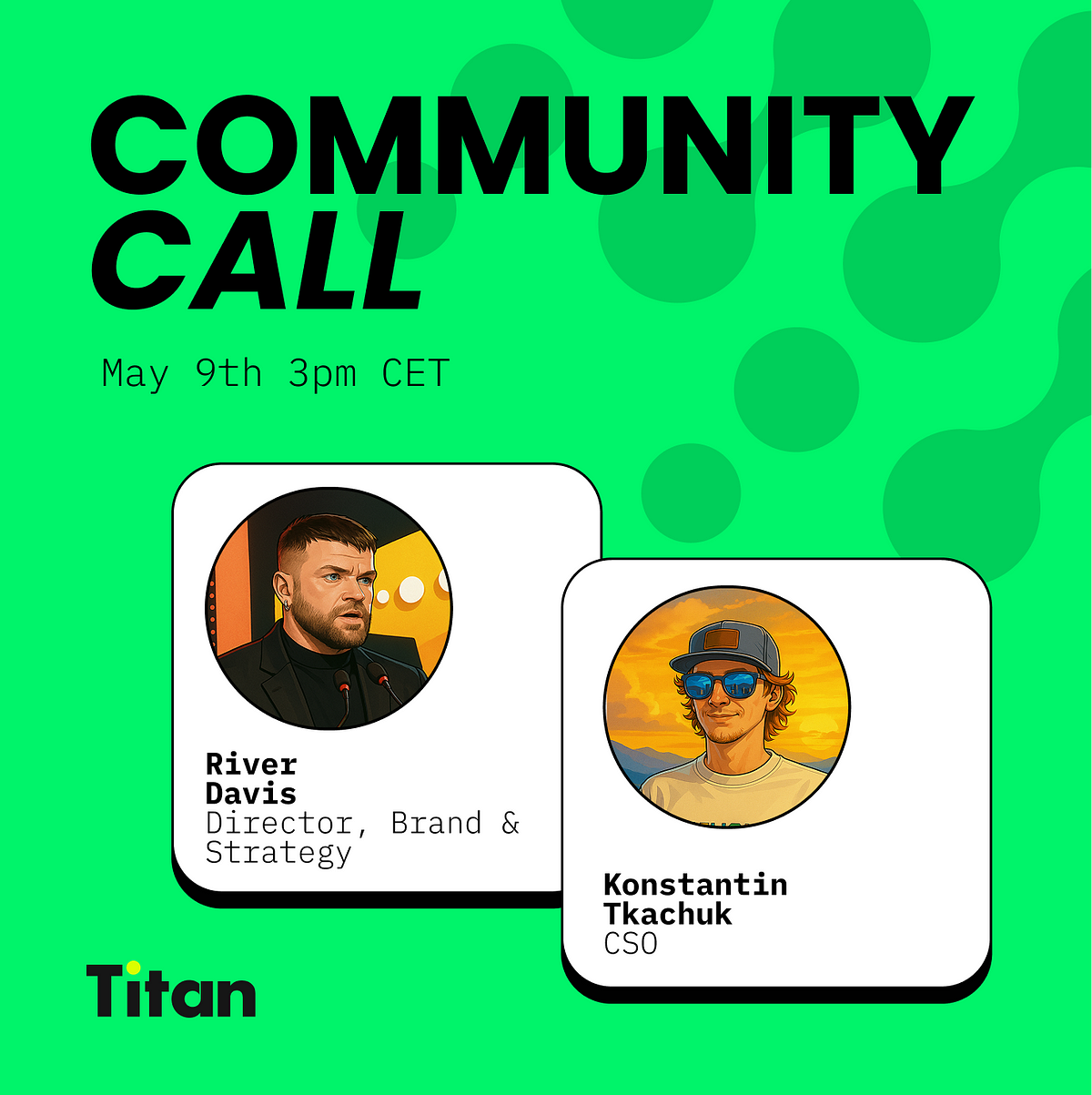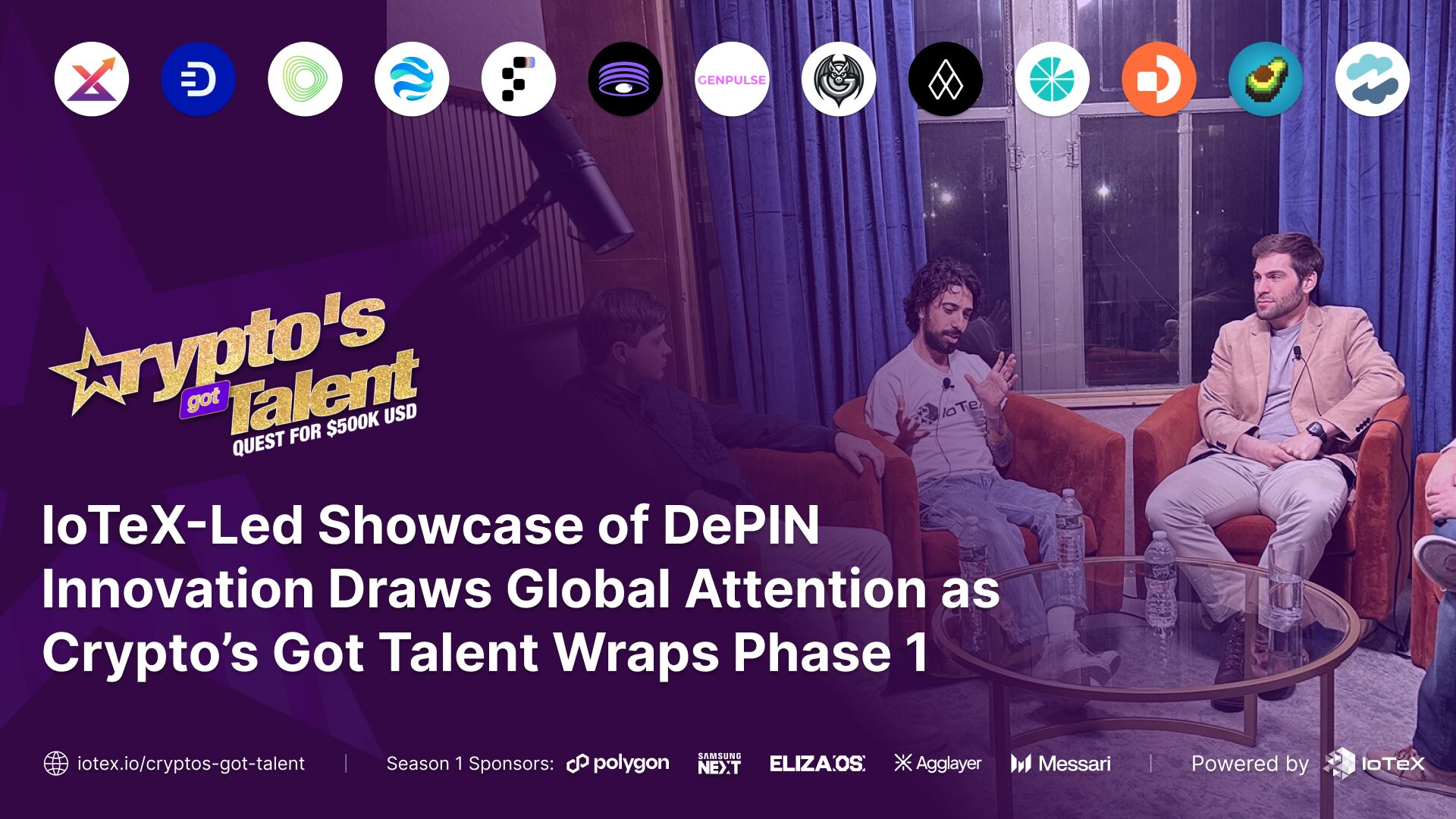DePIN Sector Sees Surge in Social Activity: $TAO Leads the Pack

The DePIN sector has experienced significant growth in social activity over the past twenty-four hours, according to data from Phoenix Group. Leading the charge is the project $TAO, which has garnered attention with 5.7K engaged posts and an impressive 1.5 million interactions. Following closely behind is $ICP, securing the second position with 4.3K engaged posts and 530.5K interactions. The third spot is occupied by $RENDER, which has also seen substantial engagement, with 4.1K posts and 540.4K interactions. Other notable projects include $THETA and Filecoin ($FIL), which have also made their mark in the DePIN landscape.
In addition to the top three, $THETA ranks fourth with 1.6K engaged posts and 147.3K interactions, while Filecoin ($FIL) follows closely with 1.6K posts and 166.2K interactions. $EGLD rounds out the top six with 1.4K engaged posts and 193.8K interactions. The data highlights a vibrant ecosystem within the DePIN sector, showcasing the growing interest and engagement from the community.
At the lower end of the spectrum, $XYO has the least engagement, with only 1.2K posts and 72.1K interactions. Other projects like $HNT and $AKT have also made appearances in the rankings, with $HNT achieving 1.3K posts and 92.9K interactions, while $AKT recorded similar engagement levels. This data underscores the dynamic nature of the DePIN sector, revealing both the leaders and those still striving for greater visibility and interaction in the crypto space.
Related News





